Today’s readings
Good Shepherd Sunday / World Day of Prayer for Vocations
Today’s brief Gospel reading begins with the wonderful line, “My sheep hear my voice.” Reflecting on that line caused me to wonder: how are the sheep to hear the shepherd in this day and age? There are so many things that vie for our attention, so many circumstances that distract us from everything important, that it would be easy to miss the call of the shepherd altogether.
So that’s what I want to preach on today: What will it take for us sheep to hear our Master’s voice? We who are so nervous about any kind of silence that we cannot enter a room without the television on as at least background noise. We who cannot go anywhere without our cell phones and/or ear buds implanted firmly in our ears? We who cannot bear to enter into prayer without speaking all kinds of words and telling God how we want to live our lives? In a previous parish, we were praying before our worship commission meeting. The chairperson of the commission was leading prayer, and part of that prayer called for some silent reflection. I could see the uneasiness on his face, and pretty quickly, he moved on from the prayer. That’s not uncommon: we often find silence awkward. If even our prayer and worship are cluttered with all kinds of noise, how are we to hear the voice of our Shepherd who longs to gather us in and lead us to the Promise? Yet Jesus makes it clear today that entering into the silence and listening for his voice is the only way we can survive spiritually, the only way we can come at last to eternal life.
Here’s a deeper question: how are we to hear the Shepherd’s voice if there are no shepherds to make it known? Today is the World Day of Prayer for Vocations. And I want to talk about all vocations today, but in a special way, I want to talk about vocations to the priesthood and religious life. Because these vocations, and especially the priesthood, are called upon to be the voice of Christ in today’s world. This is a special, and wonderful challenge, and I know there are young people in this community that are being called to it. We hear in today’s Liturgy of the Word that this task is not always easy because it is not universally accepted, as Paul and Barnabas found out. But it is a task that brings multitudes of every nation, race, people and tongue to the great heavenly worship that is what they have been created for. People today need to hear the voice of the Shepherd, but who will be that voice when I and my brother priests retire?
We know that every person has a vocation. Every person is called on by God to do something specific with their life that will bring not only them, but also others around them, to salvation. Parents help to bring their children to salvation by raising them in the faith. Teachers help bring students to salvation by educating them and helping them to develop their God-given talents. Business people bring others to salvation by living lives of integrity and witness to their faith by conducting business fairly and with justice and concern for the needy. The list goes on. Every vocation, every authentic vocation, calls the disciple to do what God created them for, and helps God to bring salvation to the whole world.
On this Mother’s Day, we can see in our Blessed Mother, the model of living our vocation. Through her fiat, she embraced the Father’s will for her, and put her life in his service.
Twenty-two years ago on this very Sunday, I was struggling with my vocation. I knew that God was calling me to give up the life I had been so comfortable with, and go to seminary to study for the priesthood. But I did not want to. I was already doing what I thought I wanted to do with my life, and thought it was going pretty well. But on some level, I knew that life as a disciple required me to do what God wanted, and not necessarily what I wanted. There was an open house that day at the Diocesan Vocations Office. I wasn’t interested and I wasn’t going. And that day, the celebrant at Mass preached on vocations and made the point that living as a disciple meant that at some point we have to stop asking the question, “what do I want to do with my life?” and start asking, “what does God want me to do with my life?” And, being honest with myself, I already knew the answer to that question: God wanted me to go to that vocations open house that day, and so I did. Four months later, I was in seminary.
What about you? Are you doing what God wants you to do with your life? Maybe your answer won’t require such a radical change as mine did. Maybe it means you renew your commitment to your family, your work, your life as a disciple. But if you’re a young person out there and have only been thinking about what’s going to make you successful and bring in lots of money, maybe God is today asking you to stop thinking only of yourself and put your life’s work at the service of the Gospel. Maybe you’ll be called on to be a teacher, or a police officer, or a health care professional. And maybe, just maybe, God is calling you to enter the priesthood or religious life. On this day of prayer for vocations, I’m just asking you to pray that God would make his plans for your life clear to you, and that you would promise God to do what he asks of you. I can tell you first hand that nothing, absolutely nothing, will make you happier.
So I ask you all to join me in prayer for all holy vocations:
Faithful God,
You sent your son, Jesus,
to be our Good Shepherd.
Through our baptism
you blessed us and called us
to follow Jesus who leads us on the path of life.
Renew in us the desire to remain faithful
to our commitment to serve you and the Church.
Bless all who dedicate their lives to you
through marriage, the single life, the diaconate,
priesthood, and consecrated life.
Give insight to those
who are discerning their vocation.
Send us to proclaim the Good News
of Jesus, our Good Shepherd,
through the power of the Holy Spirit.
Through Christ our Lord.
Amen.
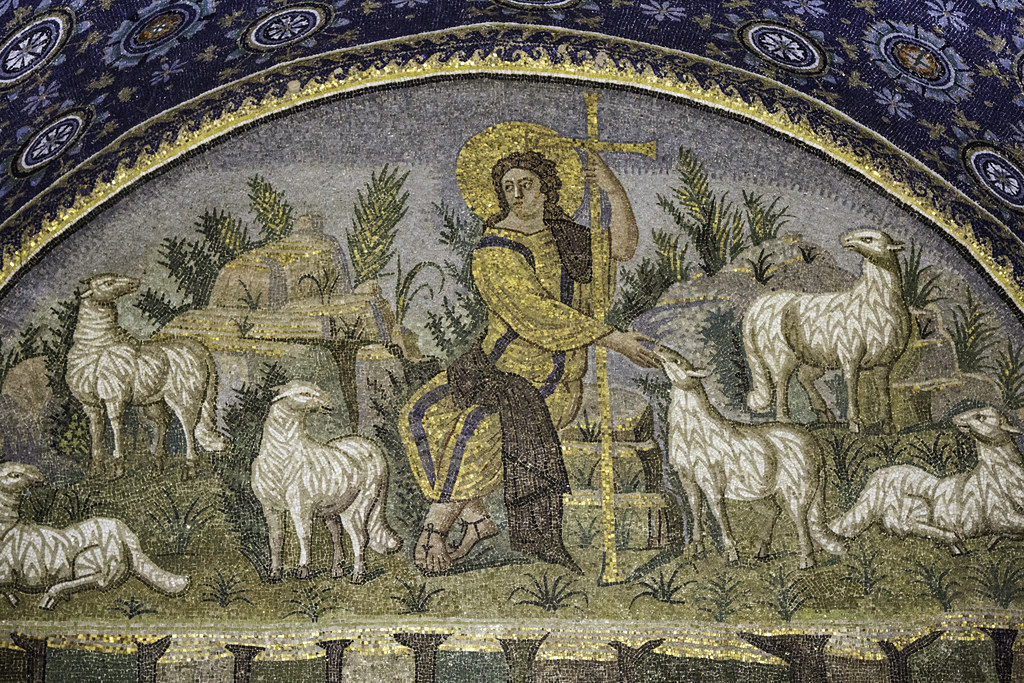

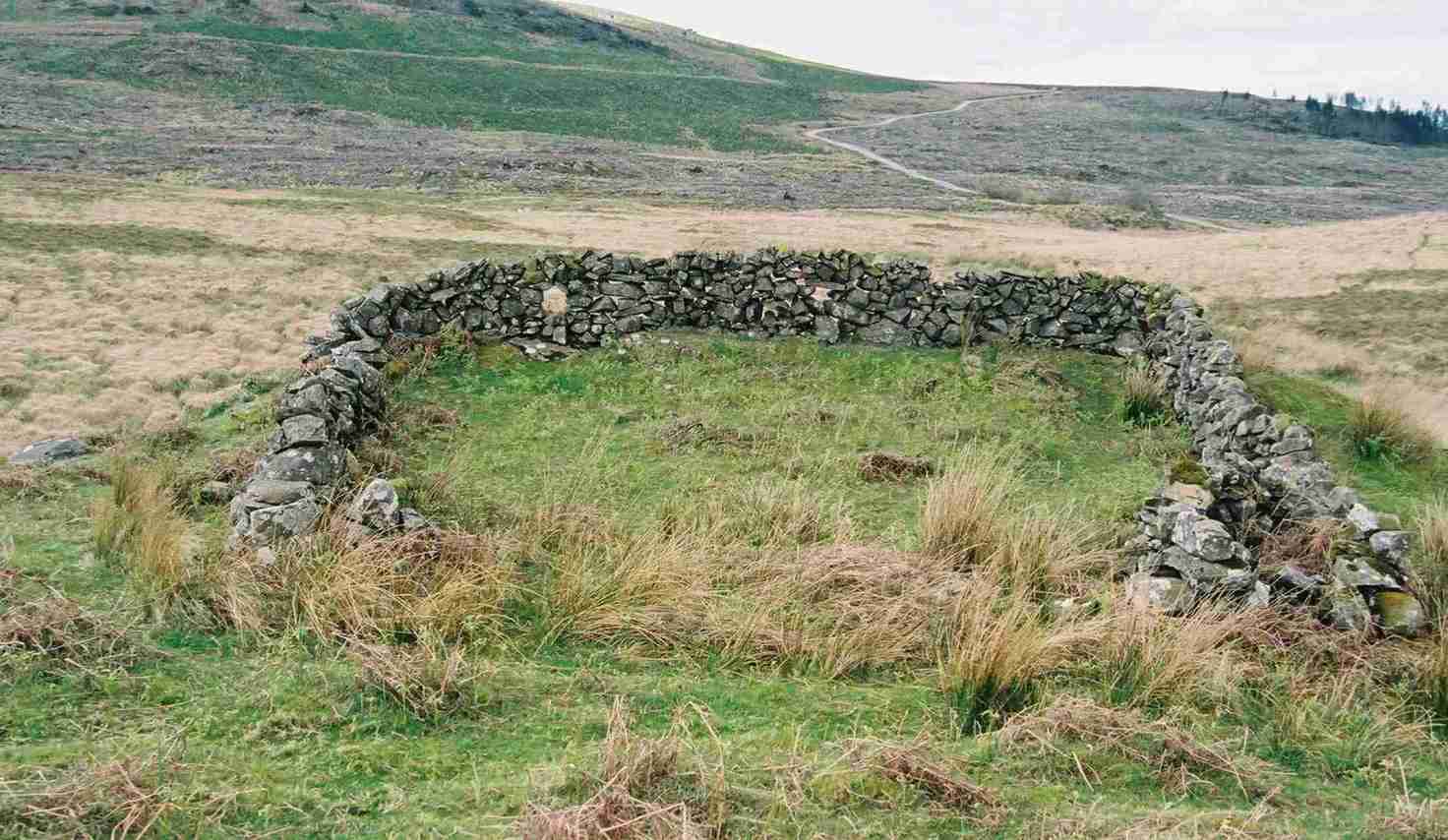


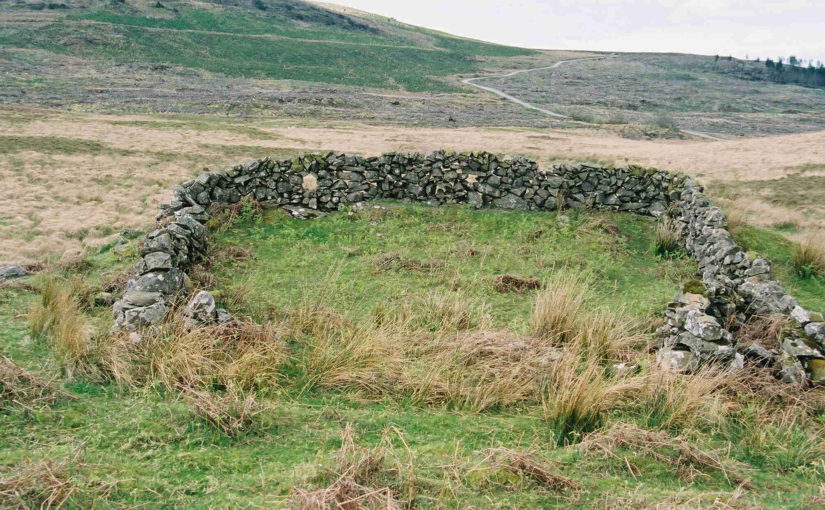
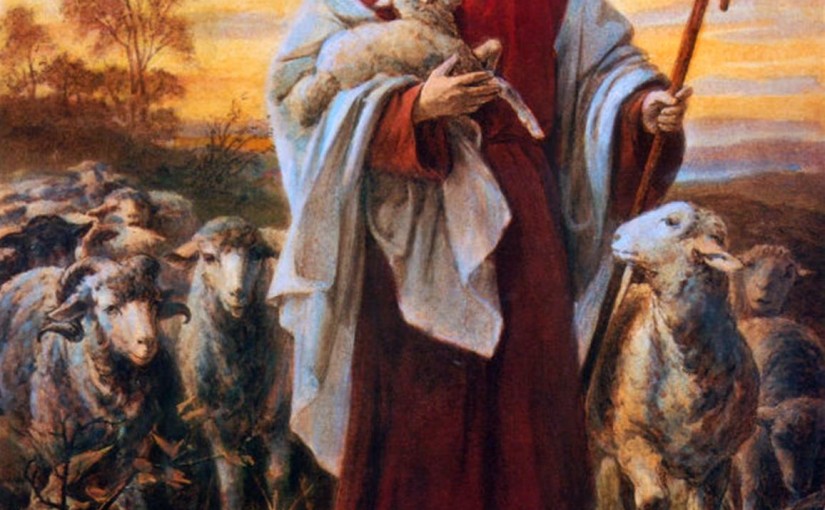
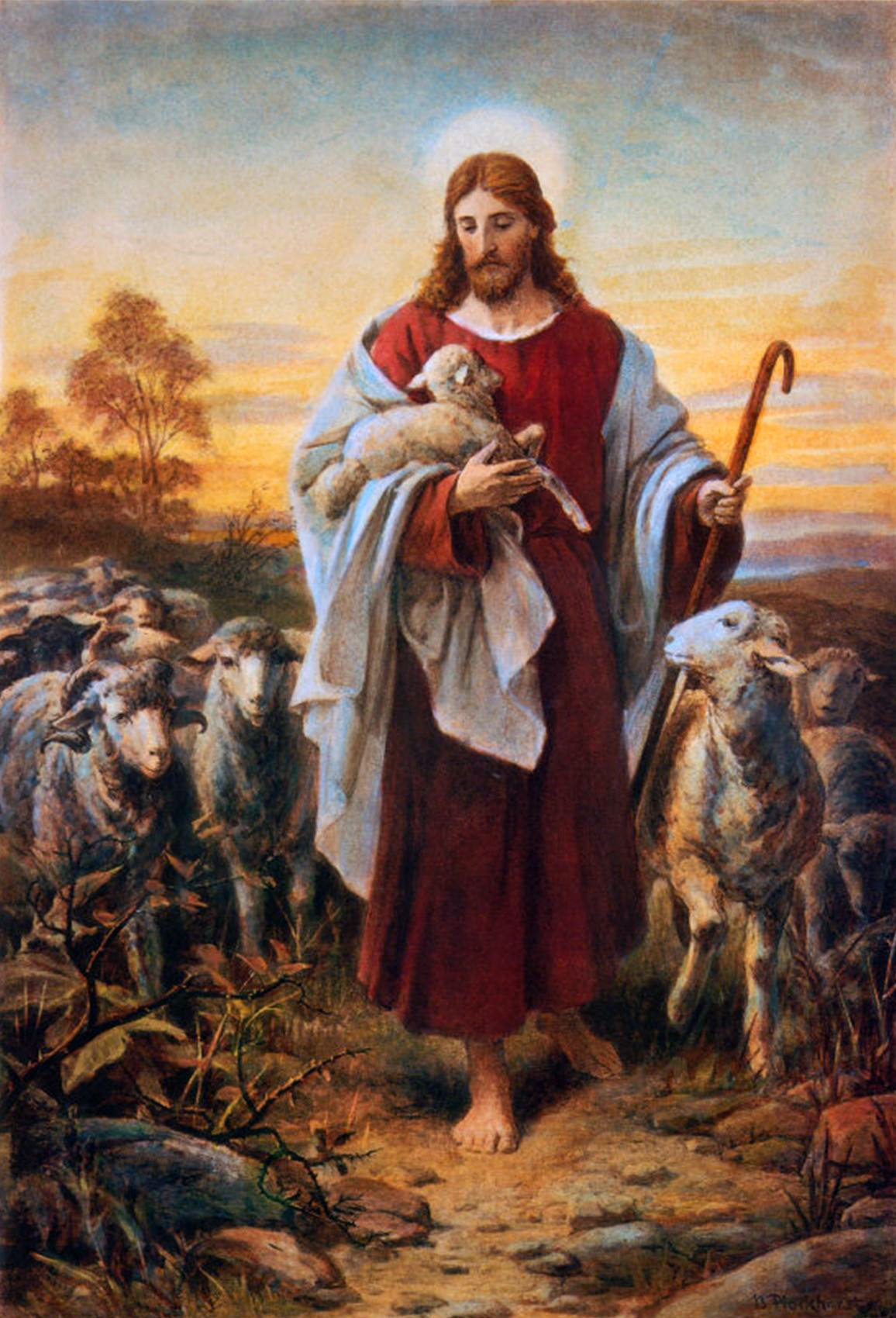

You must be logged in to post a comment.